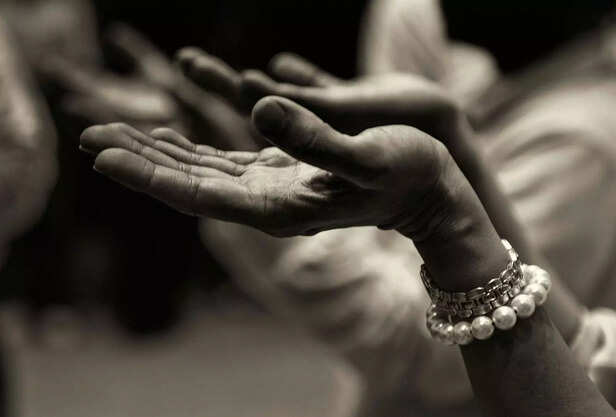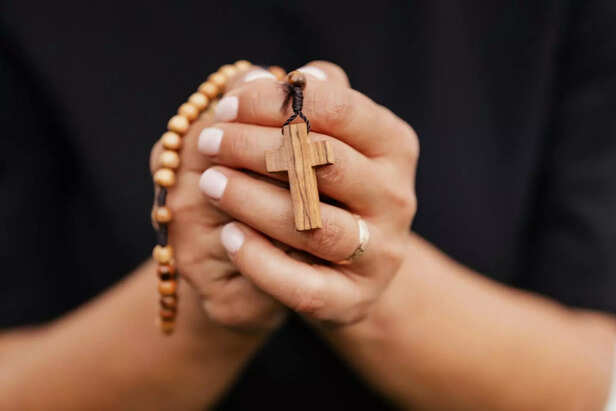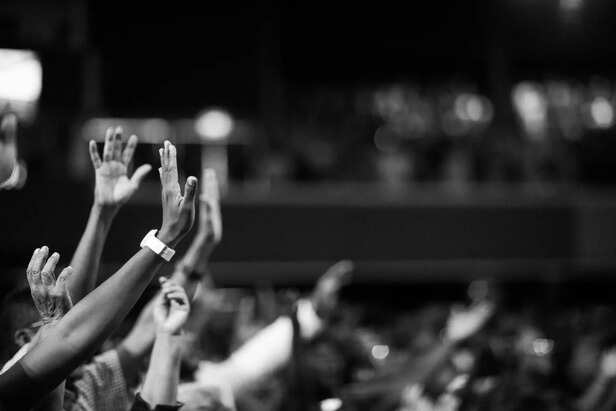Gods Don’t Need Defending. So Why Are We Always Offended?
Riya Kumari | Jun 13, 2025, 13:28 IST
( Image credit : Pixabay, Timeslife )
There’s a meme somewhere that goes, “If your God gets offended easily, maybe you should start worshipping someone with a better personality.” And honestly? Same. Because somewhere between ancient scriptures and online comment sections, we turned the divine into the dramatic. Like, really dramatic. Imagine Shiva—calm, cosmic, unbothered—watching you angrily DM someone over a meme. Not thunderbolting them. Just sighing.
Somewhere along the way, we stopped praying and started policing. We took something as vast, timeless, and unshakable as divinity—and made it small enough to fit inside a complaint form. What was once a source of inner peace has become a battleground of outer noise. This isn’t about religion. It’s about how we wear it. About how we confuse faith with ego, devotion with control, and reverence with rage. It’s about how we claim to protect the divine, but end up protecting nothing more than our own discomfort with difference. Because let’s be honest: gods don’t need our defense. But maybe our sense of self does.
The Faith That Flinches

Let’s begin with something simple: If your faith collapses every time someone draws it differently, says it differently, or doesn’t stand up when it’s playing on a screen—was it ever faith? Faith, real faith, isn’t brittle. It doesn’t demand silence from others to survive. It’s not threatened by questions or shaken by jokes. It doesn’t lose sleep over satire. It has nothing to prove, because it already is. Like light. Like gravity. Like love.
But today, religion walks with a chip on its shoulder. Every image must be approved. Every movie pre-censored. Every word, measured. Every question—an offense. We say we love our gods, but we act like they’re easily embarrassed. That’s not faith. That’s fear disguised as reverence.
The Ego Behind the Outrage

It’s uncomfortable to admit, but often when we say “my sentiments are hurt,” what we really mean is “my ego is bruised.” Because here's the truth: God didn’t ask you to be offended. That was your choice. Our outrage isn’t divine. It’s deeply human. And often, deeply insecure. We’re not protecting God from the world—we’re protecting our identity from feeling small. And instead of examining that discomfort, we weaponize it.
We call it devotion. We dress it in moral superiority. But you don’t elevate your faith by yelling louder. You elevate it by standing taller. By being calm in the chaos. By living the values, not just reciting the verses.
The Gods Who Were Never Fragile

Look at the gods themselves. Krishna was playful, mischievous, a lover of questions. Shiva embraced chaos. Kali didn’t just break rules—she shattered them. These deities were complex, layered, fierce, forgiving. They weren’t rigid. They weren’t insecure. They weren’t asking you to be their spokesperson every time someone made a film. If your gods are cosmic forces—creators of universes—then why do we behave as if they’re constantly under threat by an Instagram post?
We keep saying they’re beyond time. Beyond form. Beyond comprehension. But the moment someone draws them with pink hair or uses them in a metaphor, we panic. Why? Because we’ve confused divinity with branding. Reverence with reputation. And somewhere deep down, we’re scared that if someone sees God differently than we do, it makes our version less valid. That fear? That’s not religion. That’s ownership. And that’s not how the divine works.
What If We Trusted Faith To Hold Its Own?

Imagine if instead of reacting, we responded. Instead of banning, we engaged. Instead of silencing, we reflected. Faith isn’t a wall to hide behind—it’s a bridge. A way to understand the world, and ourselves, more deeply. But when faith is used to punish rather than guide, it stops being faith. It becomes performance. And worse—it becomes power.
So maybe the better question isn’t, “Why did they say that about my god?” Maybe it’s, “Why does this make me so uneasy?” Maybe the sacred thing to do is not to lash out, but to look within.
Ending: Let God Be Bigger Than Your Pride
In the end, if we believe that the divine is everywhere—then it’s in art, in comedy, in disagreement, in reinterpretation. It’s not just in temples and rituals, but in the freedom to explore, express, and evolve. You don’t honor God by silencing people. You honor God by embodying grace. And grace, by its very nature, doesn’t take offense.
So next time something feels like an “insult to your religion,” ask yourself this: Is it really an insult to your God? Or just a mirror to your own insecurities? Gods don’t need defending. But we, clearly, need reminding. That the divine doesn’t shrink when challenged—only egos do. Let’s stop confusing the two.
The Faith That Flinches

Faith
( Image credit : Pexels )
Let’s begin with something simple: If your faith collapses every time someone draws it differently, says it differently, or doesn’t stand up when it’s playing on a screen—was it ever faith? Faith, real faith, isn’t brittle. It doesn’t demand silence from others to survive. It’s not threatened by questions or shaken by jokes. It doesn’t lose sleep over satire. It has nothing to prove, because it already is. Like light. Like gravity. Like love.
But today, religion walks with a chip on its shoulder. Every image must be approved. Every movie pre-censored. Every word, measured. Every question—an offense. We say we love our gods, but we act like they’re easily embarrassed. That’s not faith. That’s fear disguised as reverence.
The Ego Behind the Outrage

Christian
( Image credit : Pexels )
It’s uncomfortable to admit, but often when we say “my sentiments are hurt,” what we really mean is “my ego is bruised.” Because here's the truth: God didn’t ask you to be offended. That was your choice. Our outrage isn’t divine. It’s deeply human. And often, deeply insecure. We’re not protecting God from the world—we’re protecting our identity from feeling small. And instead of examining that discomfort, we weaponize it.
We call it devotion. We dress it in moral superiority. But you don’t elevate your faith by yelling louder. You elevate it by standing taller. By being calm in the chaos. By living the values, not just reciting the verses.
The Gods Who Were Never Fragile

Hinduism
( Image credit : Pexels )
Look at the gods themselves. Krishna was playful, mischievous, a lover of questions. Shiva embraced chaos. Kali didn’t just break rules—she shattered them. These deities were complex, layered, fierce, forgiving. They weren’t rigid. They weren’t insecure. They weren’t asking you to be their spokesperson every time someone made a film. If your gods are cosmic forces—creators of universes—then why do we behave as if they’re constantly under threat by an Instagram post?
We keep saying they’re beyond time. Beyond form. Beyond comprehension. But the moment someone draws them with pink hair or uses them in a metaphor, we panic. Why? Because we’ve confused divinity with branding. Reverence with reputation. And somewhere deep down, we’re scared that if someone sees God differently than we do, it makes our version less valid. That fear? That’s not religion. That’s ownership. And that’s not how the divine works.
What If We Trusted Faith To Hold Its Own?

Religion
( Image credit : Pexels )
Imagine if instead of reacting, we responded. Instead of banning, we engaged. Instead of silencing, we reflected. Faith isn’t a wall to hide behind—it’s a bridge. A way to understand the world, and ourselves, more deeply. But when faith is used to punish rather than guide, it stops being faith. It becomes performance. And worse—it becomes power.
So maybe the better question isn’t, “Why did they say that about my god?” Maybe it’s, “Why does this make me so uneasy?” Maybe the sacred thing to do is not to lash out, but to look within.
Ending: Let God Be Bigger Than Your Pride
So next time something feels like an “insult to your religion,” ask yourself this: Is it really an insult to your God? Or just a mirror to your own insecurities? Gods don’t need defending. But we, clearly, need reminding. That the divine doesn’t shrink when challenged—only egos do. Let’s stop confusing the two.
